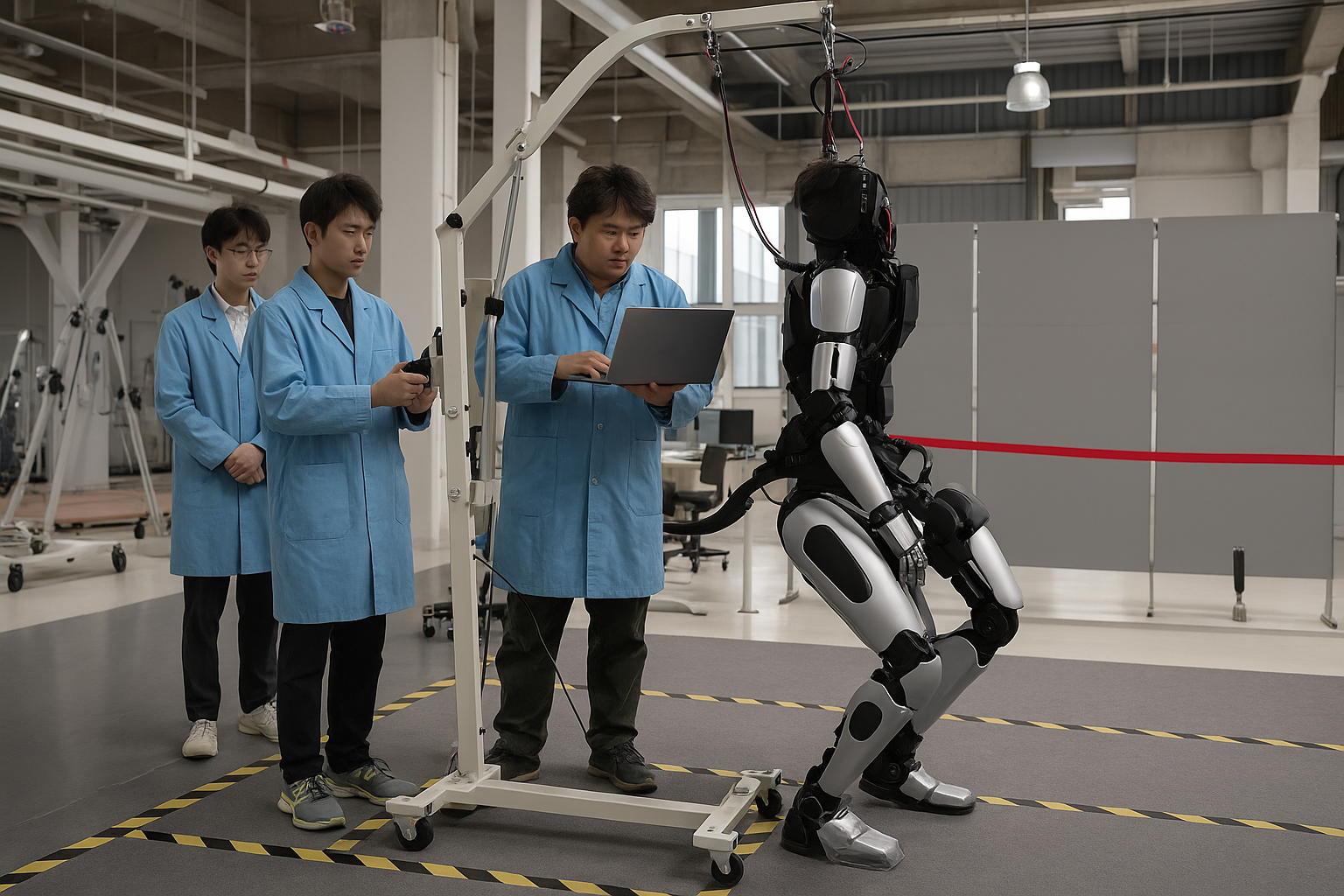From Typhoons to Sandstorms, Aurora AI Model Predicts with Unmatched Accuracy
Microsoft has launched the Aurora AI Model, a cutting-edge system designed to forecast extreme weather and environmental events with greater speed and accuracy than traditional methods. The company announced its findings in a recent blog post and a research paper published in Nature.
Aurora is trained on more than a million hours of data, including satellite imagery, radar readings, and ground station inputs. It uses this vast dataset to predict typhoons, hurricanes, sandstorms, air quality shifts, and oceanic changes worldwide.
How Aurora Outperforms Traditional Forecasting
Unlike older models, Aurora can adapt to specific weather conditions or regions. Microsoft claims this adaptability gives it an edge in forecasting. For example, during testing, Aurora accurately predicted the landfall of Typhoon Doksuri in the Philippines four days in advance. This prediction beat several expert forecasts.
The model also outperformed the U.S. National Hurricane Center when tracking tropical cyclones during the 2022–2023 season. It even detected a major sandstorm in Iraq before it occurred in 2022, showing its versatility in environmental monitoring.
With faster and more accurate predictions, Aurora could transform how governments and emergency agencies respond to natural disasters. Earlier warnings allow for better planning, which can save lives and minimize economic losses.
Microsoft sees Aurora as more than just a weather tool. It’s a foundation model capable of tracking a wide range of environmental changes. That includes air quality fluctuations and ocean wave patterns, making it valuable for researchers and policymakers alike.
AI-based weather forecasting isn’t entirely new. Companies like Google DeepMind have introduced similar models, such as WeatherNext. However, Microsoft positions the Aurora AI Model as one of the most advanced and publicly available tools in this space.
The Aurora AI Model is a leap forward in environmental forecasting. With its high-speed processing and global reach, it promises to improve how we understand and prepare for climate-related challenges. As extreme weather events become more common, tools like Aurora will be essential in protecting communities around the world.











